The Sun, a great source of light and energy for life on Earth, can also be detrimental to our skin if not adequately protected. The damaging effects of the Sun’s ultraviolet (UV) rays are well-known, but not everyone understands the extent of harm caused by prolonged sun exposure. This article aims to shed light on how the Sun damages the skin and provide insights on repairing the ensuing damage.
UV rays are categorized into three types: UVA, UVB, and UVC. UVA rays have longer wavelengths and can penetrate deep into the skin, causing premature aging, wrinkling, and even skin cancer. UVB rays, on the other hand, have shorter wavelengths and primarily affect the outermost layer of the skin, resulting in sunburns and an increased risk of skin cancer. Fortunately, UVC rays are mostly absorbed by the ozone layer in our atmosphere and do not reach us.
One may wonder how tanning works. When the skin is exposed to the Sun’s UV rays, the body produces more melanin, a pigment responsible for the coloration of our skin, hair, and eyes. This increased melanin production leads to a darkening of the skin, commonly known as a tan. However, it’s important to understand that a tan is not a sign of healthy skin but rather a defense mechanism against further damage caused by UV rays.
A sunburn, on the other hand, occurs when the skin is exposed to excessive amounts of UVB radiation, leading to inflammation and reddening of the affected area. Sunburns are not only painful and uncomfortable but also indicate serious damage to the DNA of skin cells, significantly increasing the risk of skin cancer.
Moreover, long-term exposure to the Sun without proper protection contributes to premature aging of the skin. This process, also known as photoaging, manifests through the appearance of wrinkles, age spots, and a loss of elasticity. The Sun’s UV rays stimulate the production of free radicals in the skin, leading to the breakdown of collagen and elastin fibers, which are essential for maintaining smooth and youthful-looking skin.

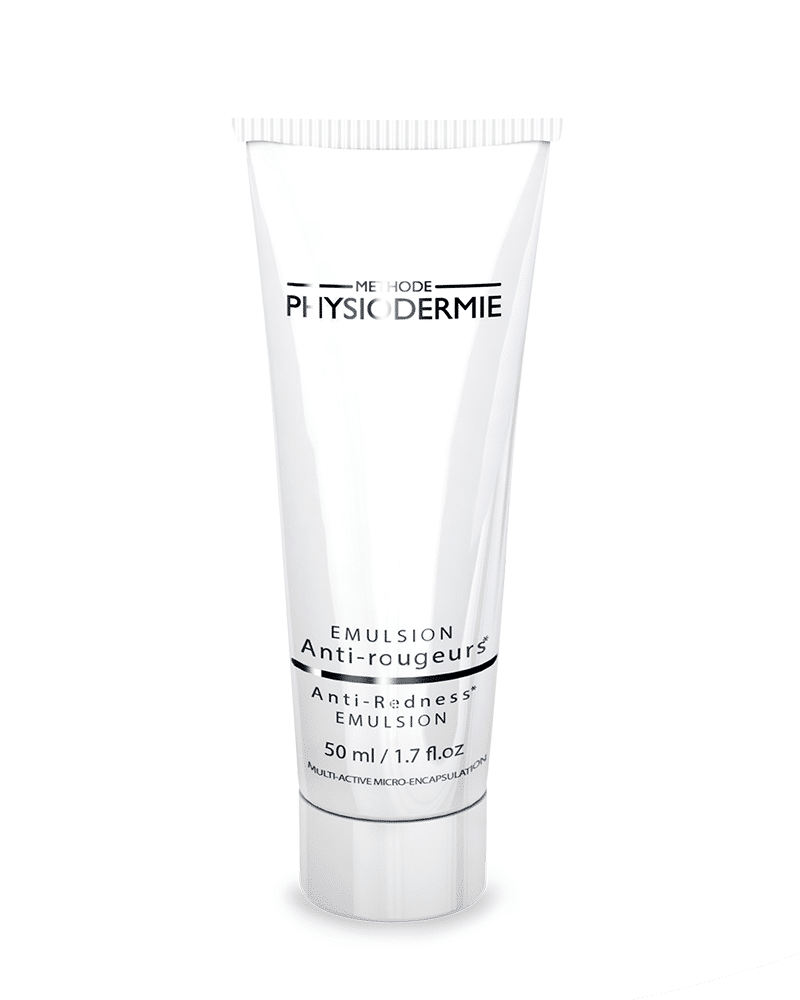
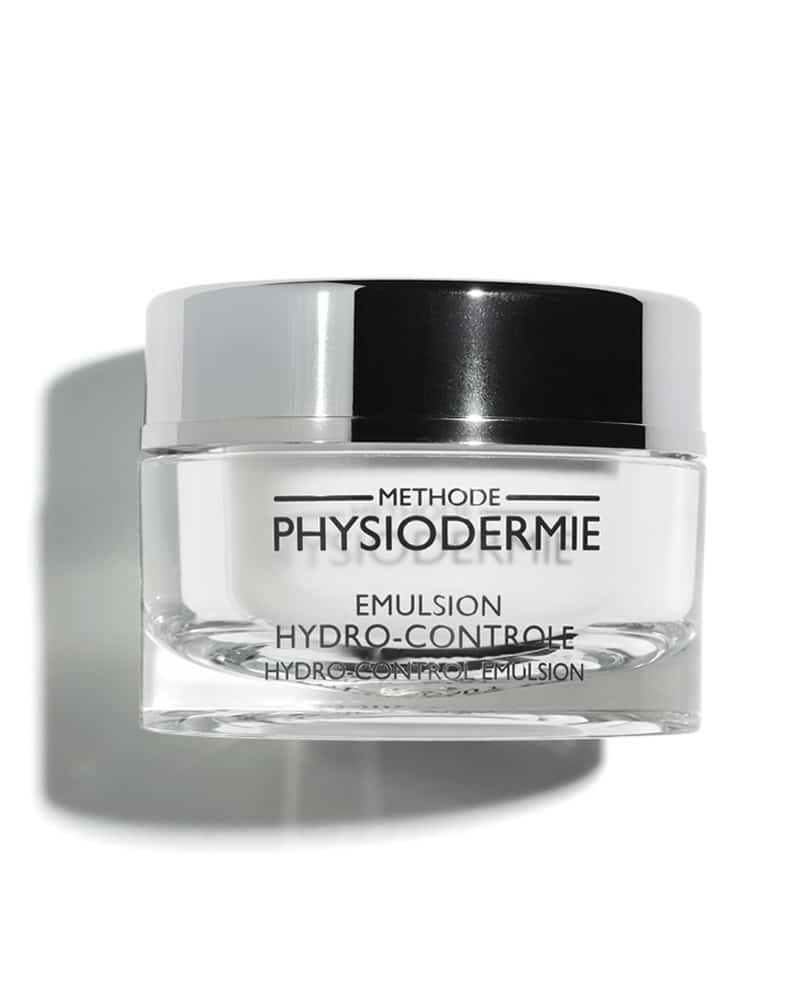
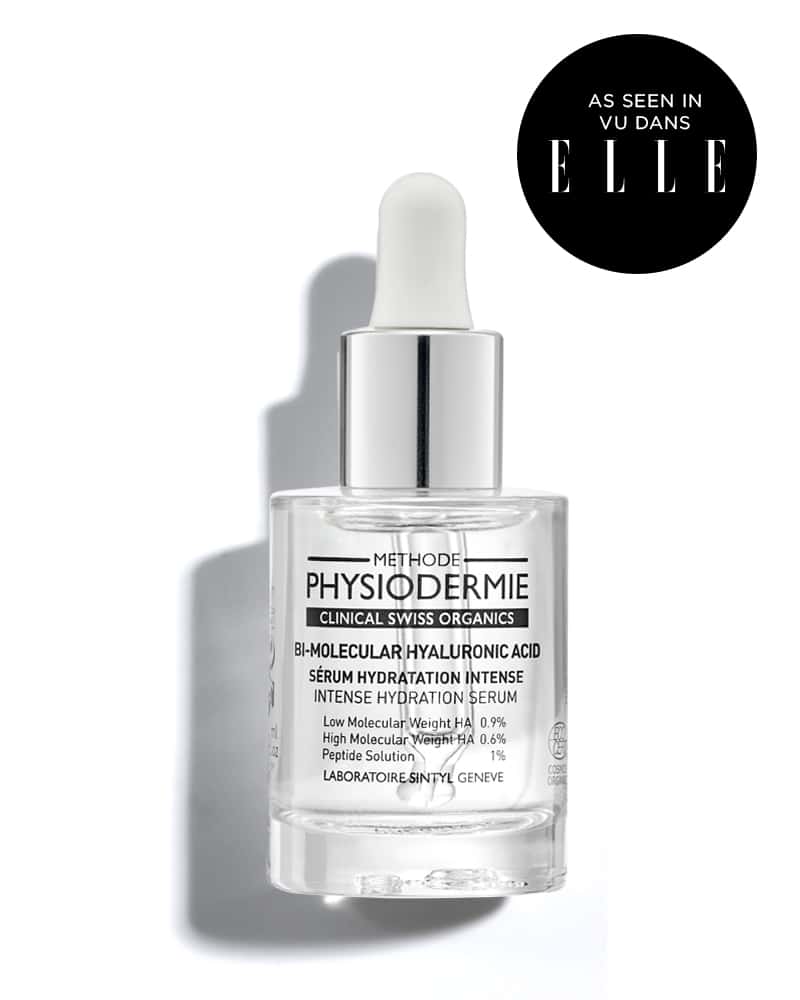
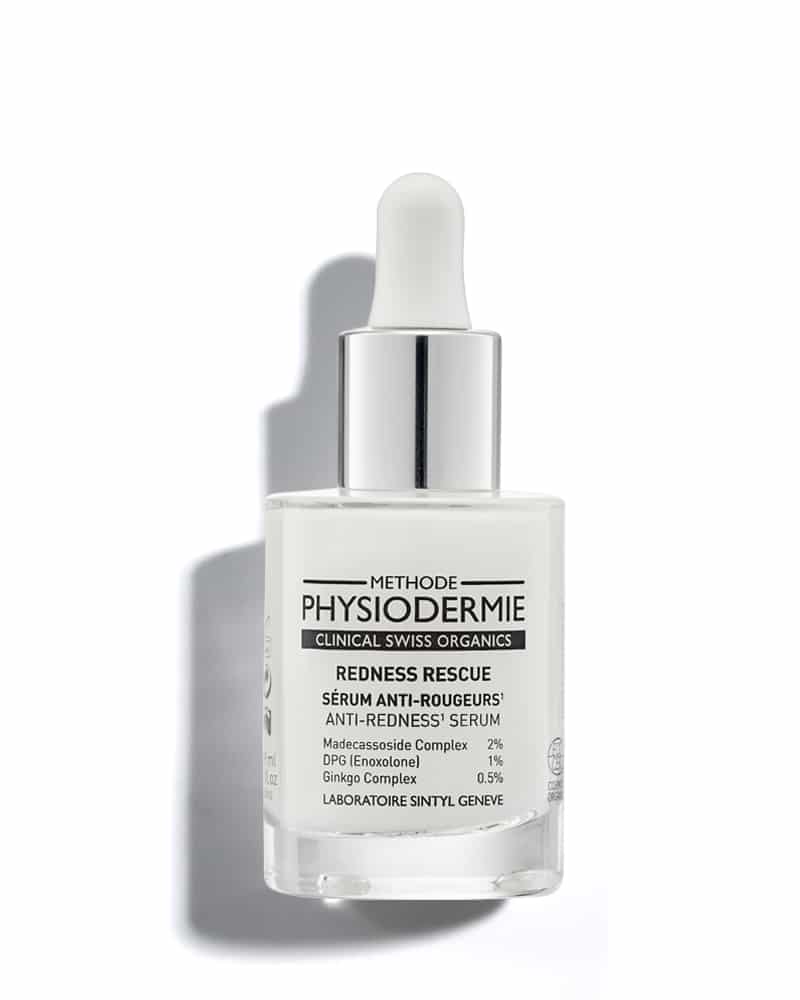
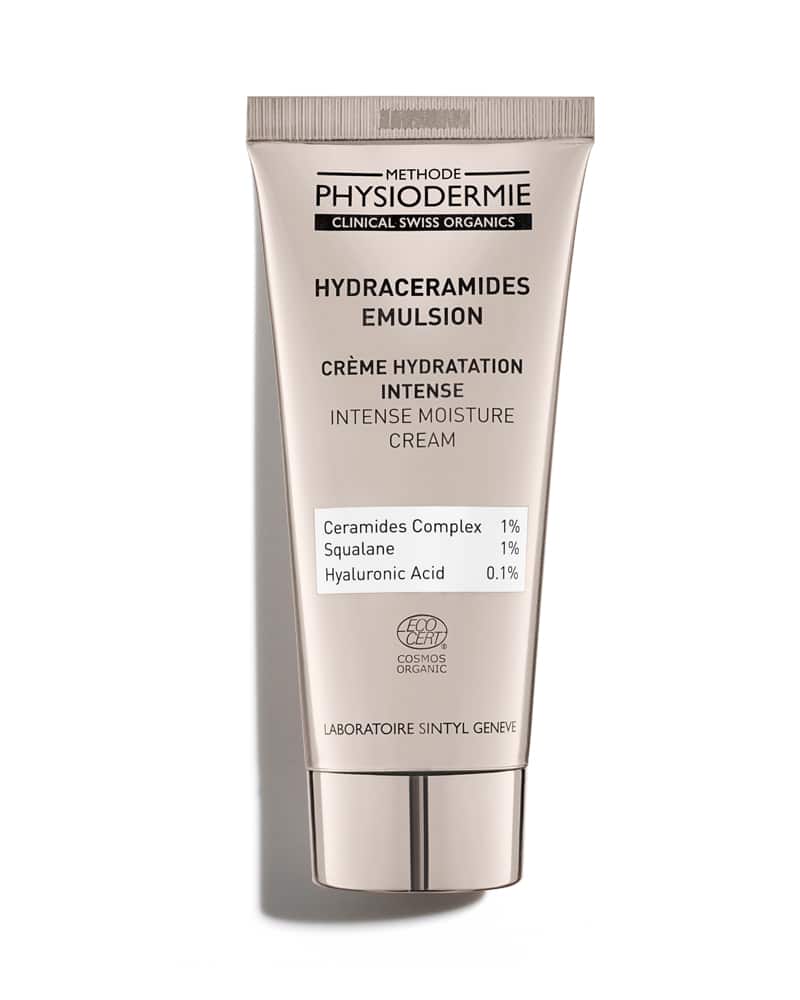
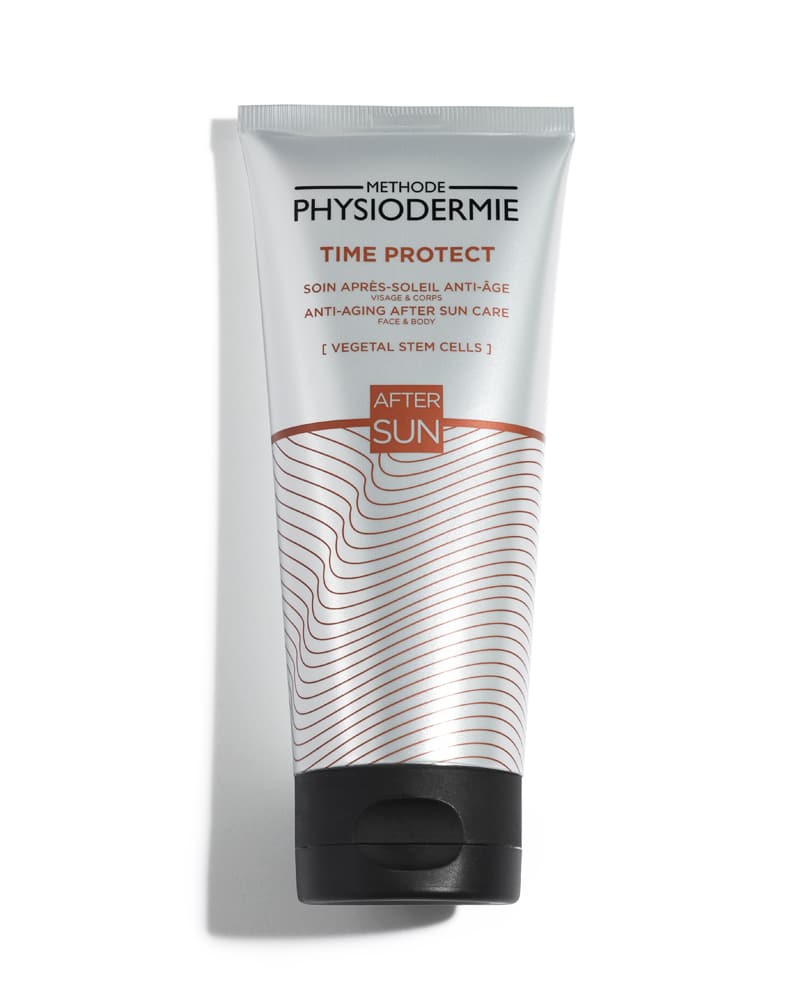
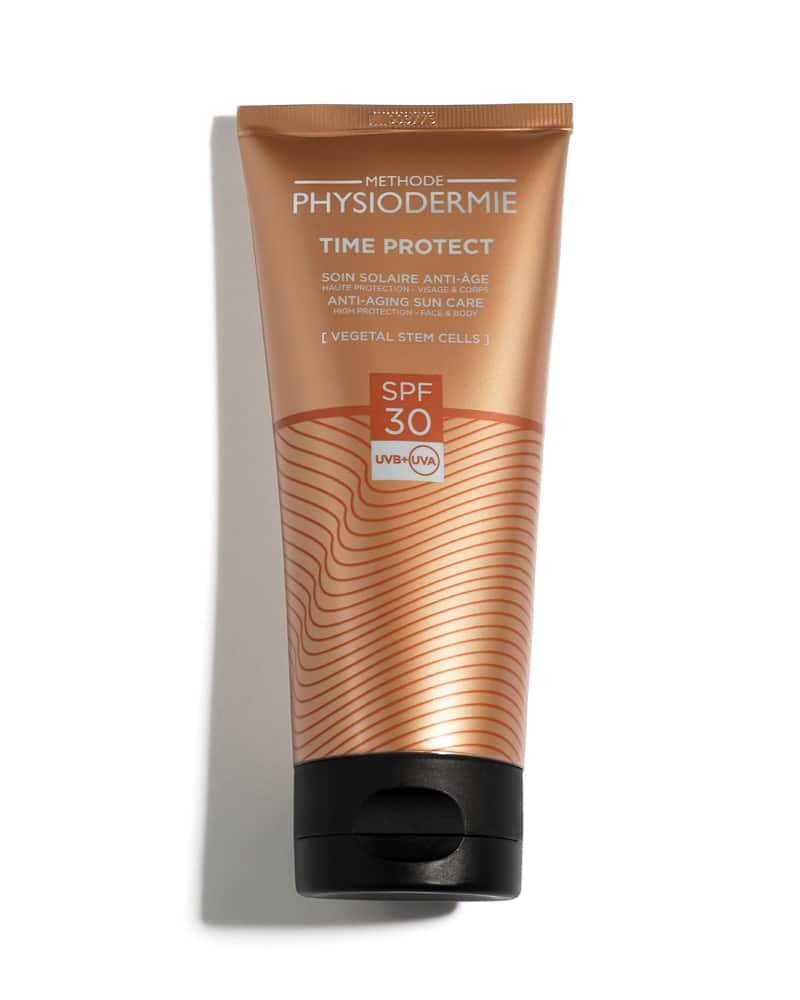
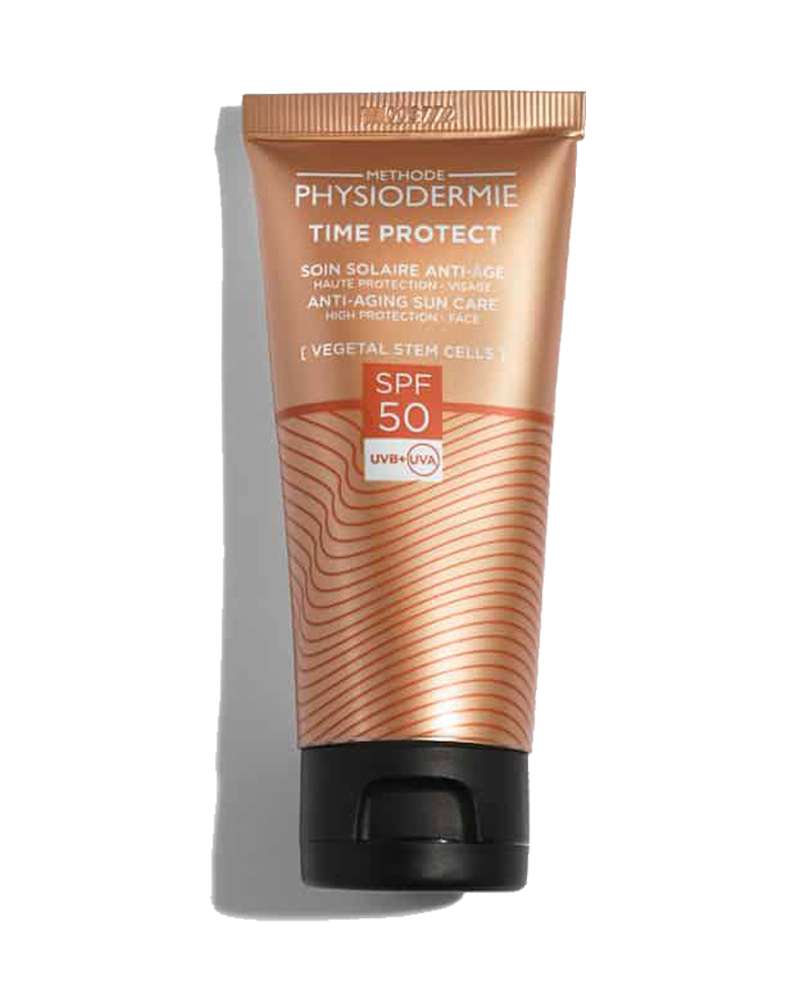



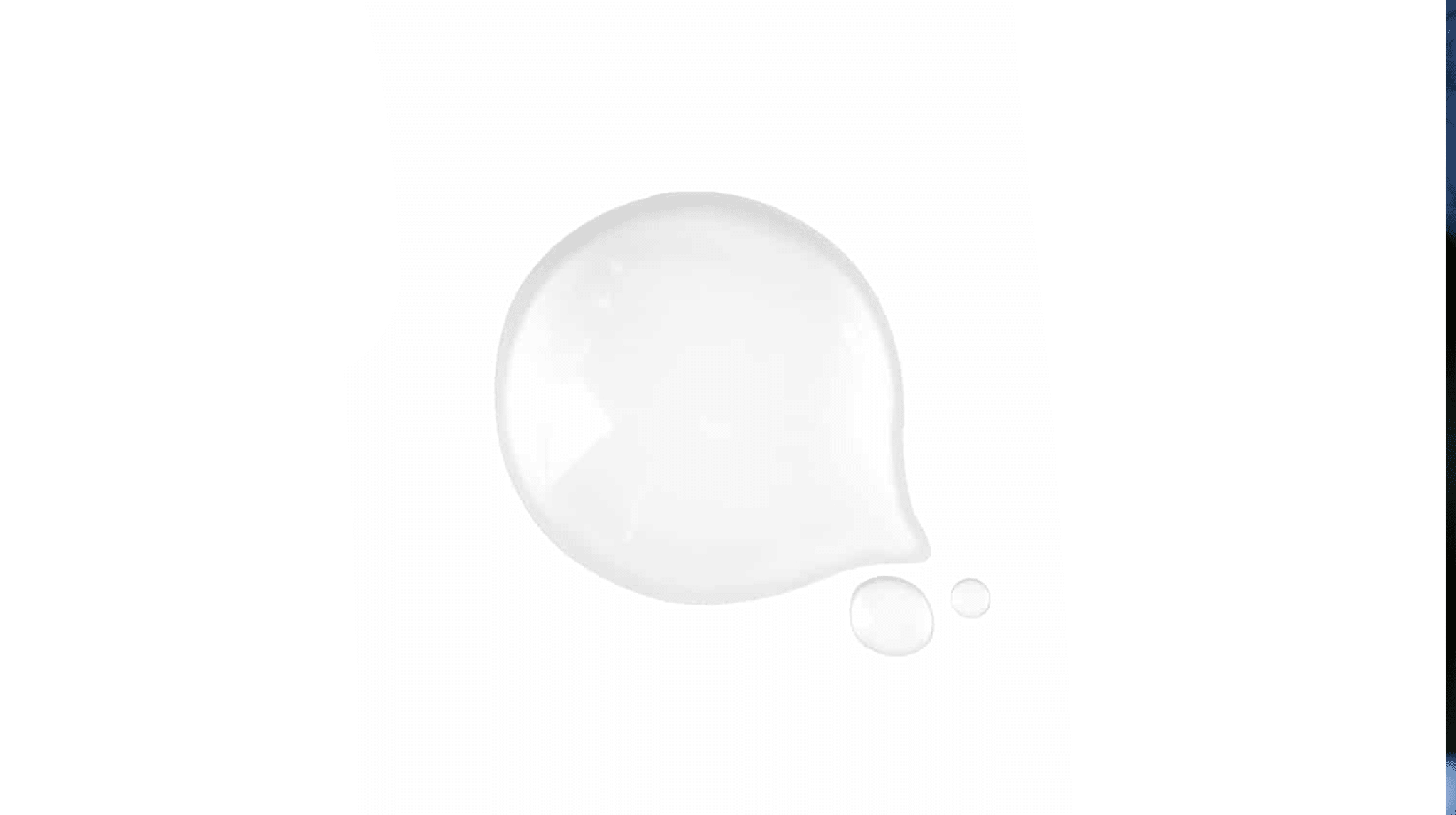



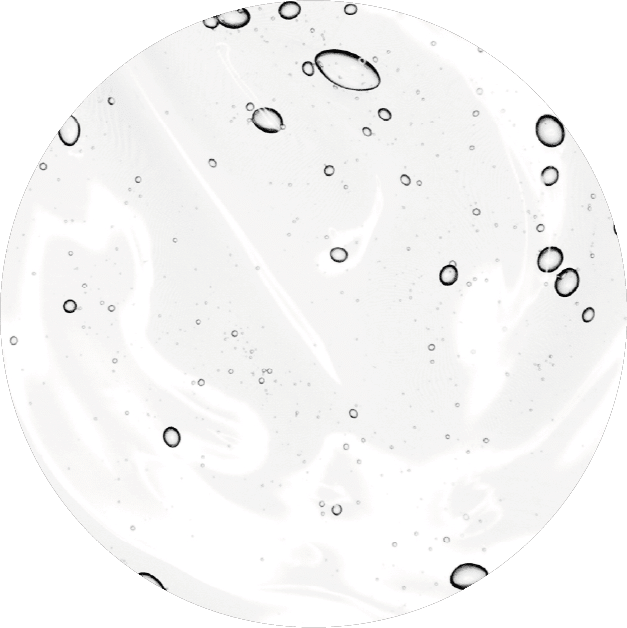
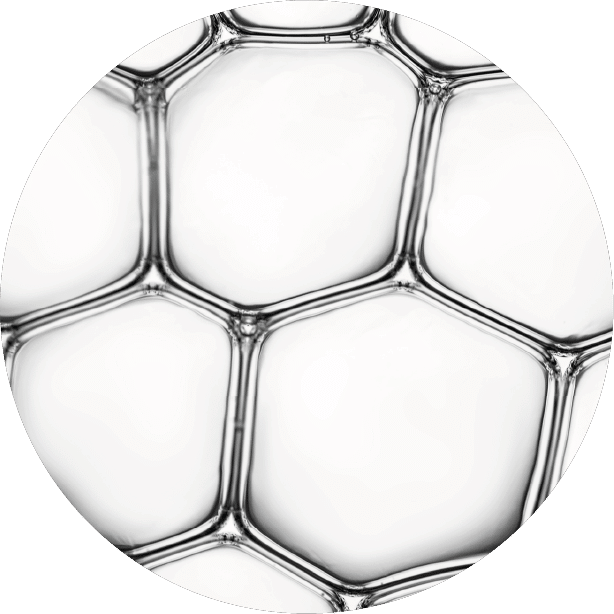

Leave A Comment